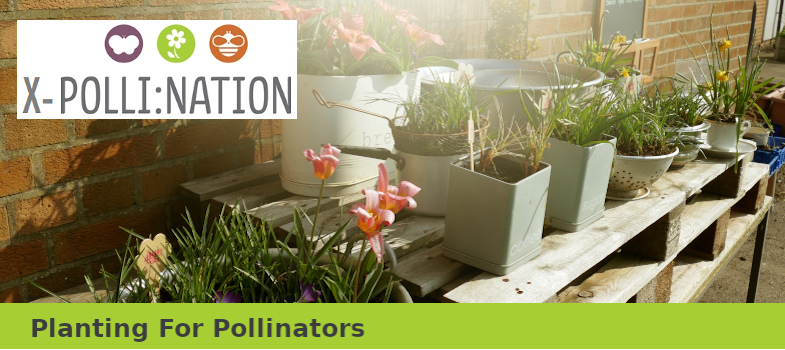Simple Ideas to help Pollinators
10 simple things you can do to help pollinators in your garden
6. Go Pesticide-Free
Pesticides (including herbicides, insecticides and fungicides) have an overall negative effect on biodiversity and insects. This has been proven within the agricultural sector and in the wider countryside. Pesticides are still widely used in private gardens for weed and insect control, though they can harm bumblebees and other beneficial invertebrates, as well as the birds and other animals that feed on them. By replacing pesticides with non-toxic alternatives and implementing wildlife-friendly control methods, we can all help to support biodiversity.
There are many ways to adapt gardening practices to lessen the impact of weeds, pests and diseases as outlined below:
Plant selection – choose plants that are well suited to the soil type and local environment and varieties that show resistance to pests and diseases.
Crop rotations - avoid planting the same or similar crops in the same place for several years in a row as pests and nematodes will flourish.
Weeding – Regular weeding is effective for annual weeds and if repeated can destroy perennial weeds too.
Removal of pests and promoting natural predators pests - Heading out in your garden on damp evenings is a great way of removing slugs and snails. Encourage populations of ladybirds, hoverflies, lacewings, hedgehogs and toads as all help by eating aphids, slugs and snails.
Learn More:
https://www.rhs.org.uk/advice/profile?pid=817
